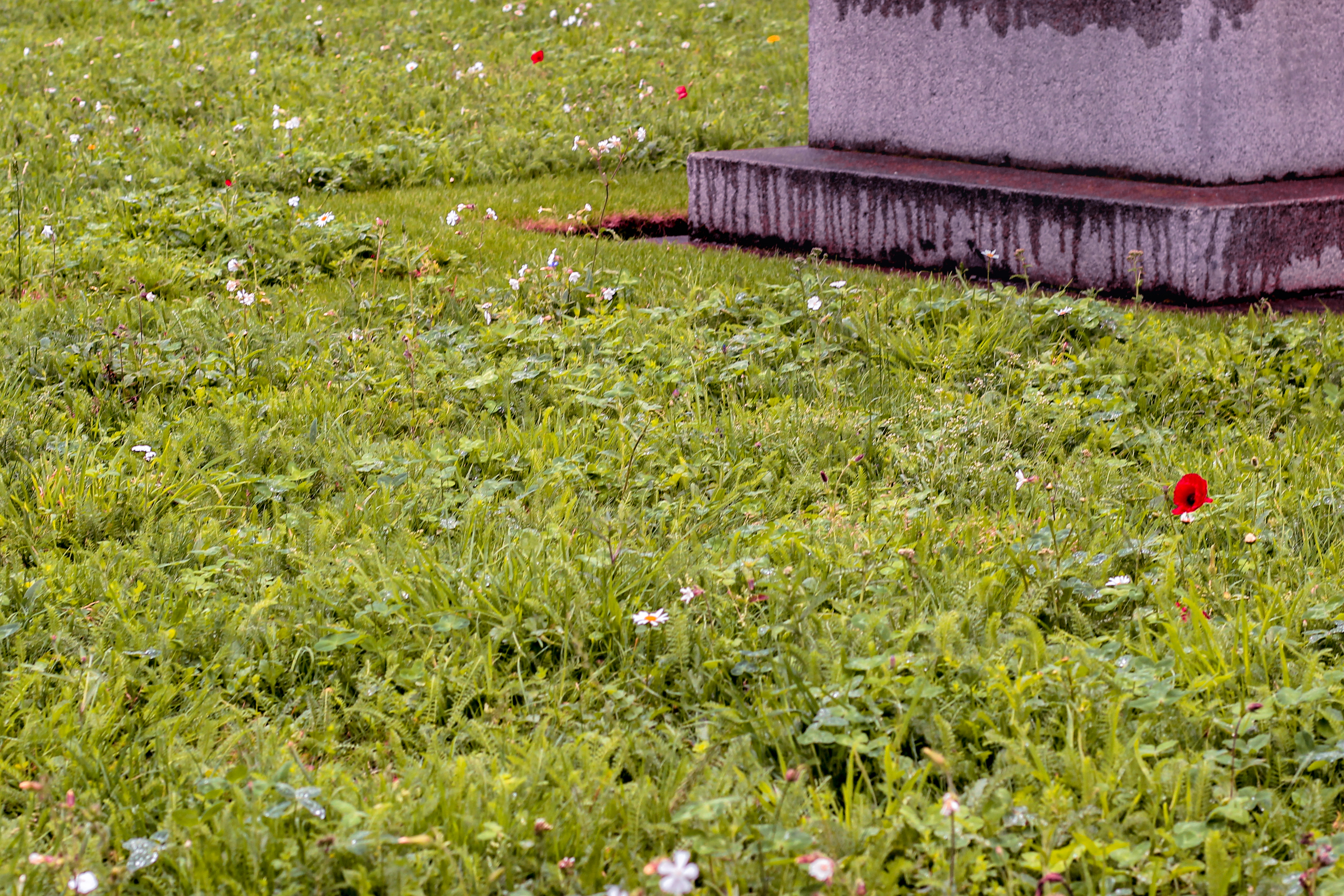Trinity has shown its commitment to the All-Ireland Pollinator Plan (AIPP) by creating the Trinity Campus Pollinator Plan. Its aims include replacing lawns on campus with wildflower gardens, reducing the use of pesticides, and creating spaces for pollinators. These actions will be taken in the hopes of reversing the considerable pollinator decline in Ireland.
“Nature is declining globally at rates unprecedented in human history.”
According to the National Biodiversity Data Centre, Ireland is currently going through a biodiversity crisis. A report published by the Intergovernmental Science-Policy Platform on Biodiversity and Ecosystem Services (IPBES) shows how nature is declining globally at rates unprecedented in human history. Rates of species extinctions are accelerating, and the health of ecosystems that humans and other species depend on is deteriorating rapidly.
The conservation status of a group of organisms indicates whether the group still exists and how likely the group is to become extinct in the near future. Factors such as overall changes in the population over time, breeding success rates, and known threats are all taken into account when assessing the conservation status.
Of the 31,000 species occurring in Ireland, only 10% of these species have had a conservation status assessed. Of the species that have been assessed, 1 in 5 species has been threatened with extinction, including 30% of bee species. Additionally, there has been a huge reduction in the biomass of insect life (the quantity of insects in a given area). An overview of Ireland’s species shows that pollinators such as dragonflies, butterflies, and bees are all facing threats of extinction.
Habitat loss is a major culprit for the decline of insect populations worldwide. The drastically-reduced amount of flowers and nesting sites in our landscapes is a critical factor as to why bee species are threatened with extinction. Semi-natural farms are being replaced with huge fields for more intensive agriculture, and these fields are unable to sustain diverse species. Additionally, the increased use of fertilisers and pesticides on grazing lands destroy wildflowers that pollinators are dependent on.
“Traditional manicured lawns are devoid of the biodiversity needed to protect insects.”
Similarly, traditional manicured lawns are devoid of the biodiversity needed to protect insects. Professor Jane Stout, from Trinity’s Department of Botany and the Deputy Chair of AIPP, states that “most neatly manicured lawns contain a single species of grass, cut short to prevent it flowering. Other flowering plants are exterminated and removed. So they provide little or no resources for pollinators, like bees and other insects, who need plants in flower to collect nectar and pollen from, and bare earth patches to make their nests in.”
“If lawns are heavily managed (treated with chemicals for example), this can have adverse effects on any insects living in the soil,” Stout continues. By replacing the lawns on College Green with wildflower meadows, Trinity is helping replenish food sources and habitats for pollinators.
Wildflower meadows enhance landscape heterogeneity by introducing a multitude of diverse flowers. This helps provide a sanctuary for pollinators, allowing for them to take in nectar without the risk of predators or pesticides.
“These wildflower meadows will be left untouched over the winter months, and bloom freely from spring through to autumn. “
Many flowers planted are of Irish origin, and certain flowers such as Oxeye daisy, cowslip, and wild carrot will come up at different times, allowing for a sequence of flowering that will provide pollinating insects with nectar throughout the seasons. These wildflower meadows will be left untouched over the winter months, and bloom freely from spring through to autumn.
Trinity’s plan is not limited to just growing wildflowers; in addition to this, the Trinity Action Plan includes creating nesting spaces for bees, allowing them to thrive in safe habitats. Areas of long grass will not be mowed in hopes of providing sites where bumblebees can nest, and a bare earth bank will be placed on Nassau St edge, which provides a habitat for nesting bees. These areas will be kept bare to encourage future nesting. Trinity will also be eliminating the use of insecticide, and only be using herbicide to maintain sports pitches.
“We can already see a difference on campus – several areas of lawn have been converted to “wildflower” areas, with reduced mowing, and lots of different plant species flowering through the season,” says Stout.
“This provides a much better variety of resources for pollinators and other invertebrates; many of whom, like us, need diversity in their diets and saves energy and money on regular mowing. And the living wall on the new Business School contains flowering plant species that bees like.”
The Trinity Campus Pollinator Plan is a small, though necessary part in ensuring that the biodiversity in Ireland can be increased.






